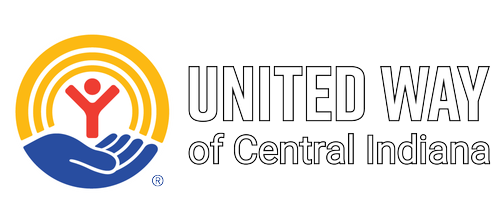It’s not easy, but I want you to imagine life as a child in a home where there is domestic abuse. The environment is hopefully nothing like what you’ve experienced, but put yourself in that child’s place.
One night, Mom wakes you up, puts your coat on, and rushes you out the door to an unfamiliar car. You drive through the dark streets and you come to a place that looks like an office. It’s called Sheltering Wings, but you don’t know what that means. You just know that Mom is crying and looks scared. You’re scared, too, but you try not to cry.
When a child arrives at a domestic violence shelter like Sheltering Wings, everything they know about life has just been disrupted, often in dramatic ways. They may not understand their exposure to an abusive relationship. They’re no longer home and their family is no longer intact. They’re safer than they’ve been in a long time, but they don’t realize it. All they know is that they’re in a strange place without familiar furniture and toys.
From the moment that young boy or girl walks through our door, one of our goals is doing everything we can to normalize their life and provide children’s services and children’s programs to make a real difference for them. A key to making that happen is the close partnership we have with local schools. Think about it: the two most familiar and important places in a child’s life are their home and their school. Since they no longer have home, their school becomes that much more important.
Thanks to a federal law called the McKinney-Vento Act, we have access to transportation to their school if we decide that it’s in their best interest to continue attending that school. It may mean that the school district has to send a bus many miles out of the way to pick them up in the morning and drop them off in the afternoon, but our local school districts have been great to accommodate.
It’s not an automatic decision. There may be factors that make attending their school unsafe, such as if it puts them at risk to be accessed by the abuser. Our Children’s Case Manager works with the parent to assess the situation and understand each child’s unique educational needs. And, if together they decide that staying at the familiar school is the best way to serve those needs, the Case Manager works with the staff at the school to make sure everyone understands the situation and continues to communicate.
When families flee domestic violence without a safety net such as Sheltering Wings, they are at significantly greater risk of becoming homeless. Children who are homeless are more likely to develop emotional and behavioral issues that may interfere with their ability to lean — assuming they can get to school.
That’s why it’s so important that we restore as much stability to these young lives as we can, and why we’re so appreciative of the school districts who work with us to serve the educational and emotional needs of these fragile children.
Our hope is that they’ll become healthy, independent teens and adults whose lives are free from domestic abuse. Sheltering Wings is not just a women’s shelter, but a shelter for their children, too. The children may never know just how many people came together to help them at one of the most pivotal moments in their lives, but they’ll be living proof of what that kind of caring and cooperation can accomplish.






